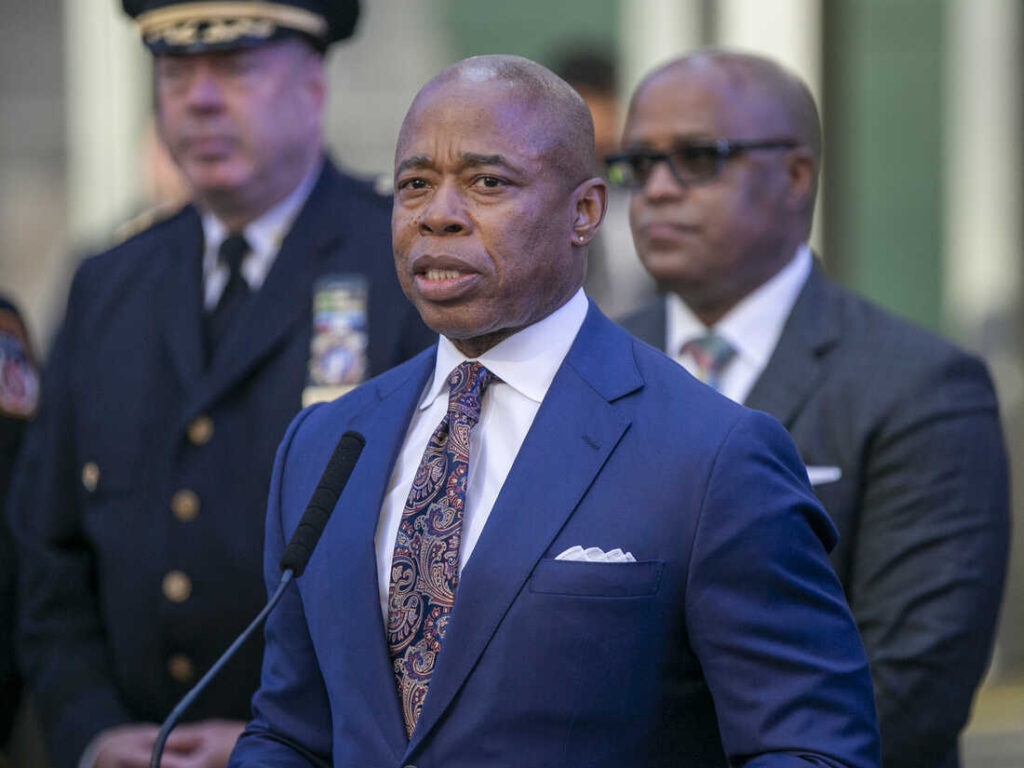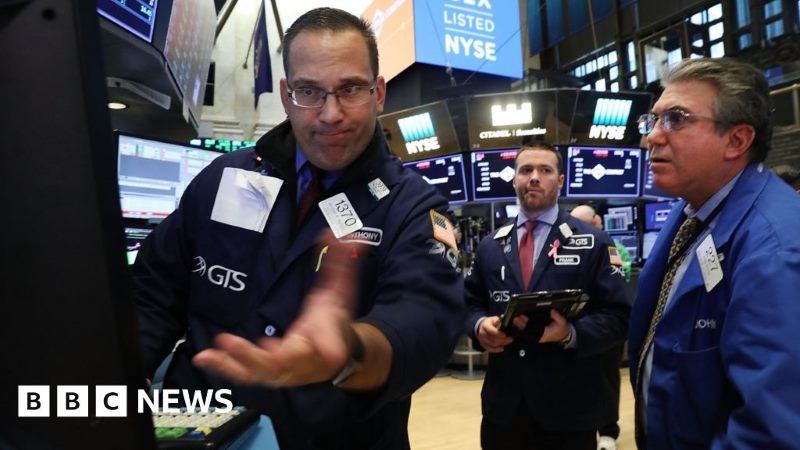Economy
Wall Street Banks Score Major Wins as Trump’s Inauguration Nears
Wall Street banks and the largest banks in the nation are experiencing significant gains as Trump promises to reduce financial regulations. Banks anticipate benefiting from deregulation under his leadership. This shift is expected to improve profitability and operational flexibility. Many view the changes as a boost to the banking industry’s growth.
Potential Rollbacks of Key Financial Rules
Hard-won regulations aimed at strengthening financial buffers against losses may now be rolled back. A separate proposal to reduce debit card fees for consumers has also been delayed, which would help protect banks’ profit margins.
Biden Administration Opponents Departing
Several key figures critical of Wall Street, including Rohit Chopra and Gary Gensler, will leave government as Trump takes office. Consequently, these departures signal a shift in regulatory direction. The move indicates a transition to a more lenient environment for major banks. With Trump’s administration in control, regulators may adopt a different approach. As a result, banks could experience less stringent oversight moving forward.
Banking Leaders Express Optimism
Jamie Dimon, CEO of JPMorgan Chase, and Jane Fraser, CEO of Citigroup, have both expressed optimism about the potential for deregulation under Trump. Dimon remarked that years of regulations had restricted access to loans and credit, while Fraser highlighted the benefits of a more relaxed regulatory approach.

New York Governor Warns Eric Adams Revitalize Your Team
Last week, New York Governor Kathy Hochul sent a confidential message to Eric Adams. He is the city’s first mayor facing a federal…
Surge in Bank Stock Values
In the wake of Trump’s election victory, bank stocks surged, buoyed by expectations of deregulation and tax cuts. Regional banks have seen a rise of over 10%, outperforming the broader S&P 500 index by a significant margin.
Consumer Advocates Warn of Potential Risks
Consumer advocates have raised concerns that a delay in stricter regulations could harm consumer protections and financial stability. There are also fears that Trump may appoint Wall Street insiders to key regulatory positions, undermining efforts to protect the public.
A New Era of Wall Street Regulation
While some bankers are withholding celebrations until Trump finalizes his regulatory appointments, others are preparing to proactively influence future regulations. Trump’s administration will have greater control over Wall Street regulation than previous administrations, thanks to recent Supreme Court rulings and other legal precedents.
Concerns Over Populist Policies
There are concerns within the banking sector about Trump’s populist proposals. For example, his campaign suggested capping credit card interest rates. This proposal would limit rates to 10%, which has caused significant unease. Despite facing legislative hurdles, the idea remains unresolved. Consequently, bankers continue to express concern over its potential impact.
Delays in Debit Card Fee Reduction Plan
Biden-appointed officials pushed to reduce debit card swipe fees, but the Federal Reserve delayed the plan for analysis. Bankers, including the American Bankers Association, voiced opposition to the plan. They argued it would benefit large retailers. The move could harm consumers and financial institutions.
Future of Bank Capital Buffer Requirements
The future of proposed capital buffer increases for large banks remains uncertain. The Biden administration proposed a 20% raise. However, significant resistance led to a revised plan calling for a 9% increase. With Trump’s team now in control, a smaller increase could save the industry billions.
Trump’s team is expected to prioritize economic growth and lending, potentially reducing capital requirements for big banks, which could shift the industry’s financial landscape in their favor.


